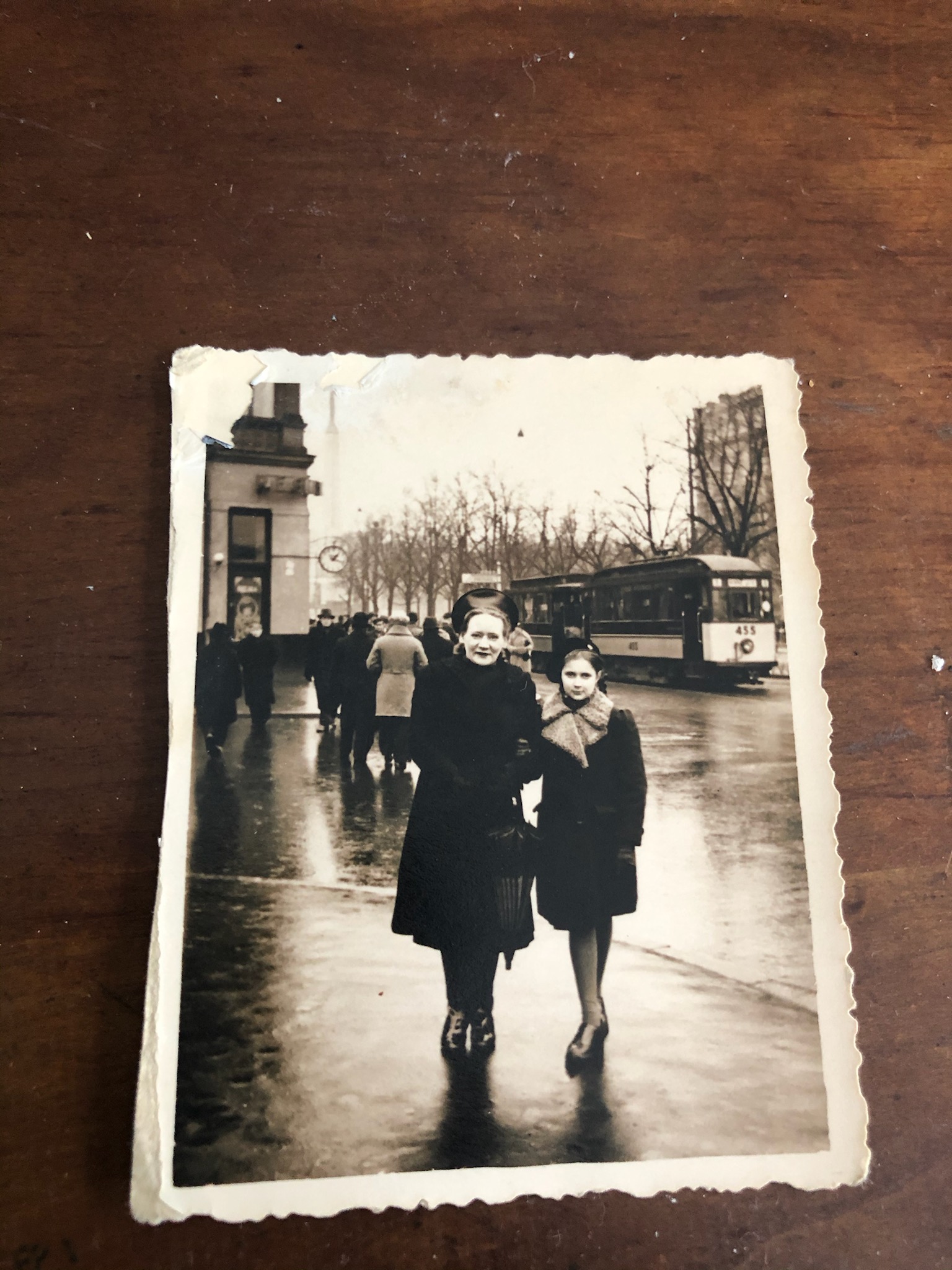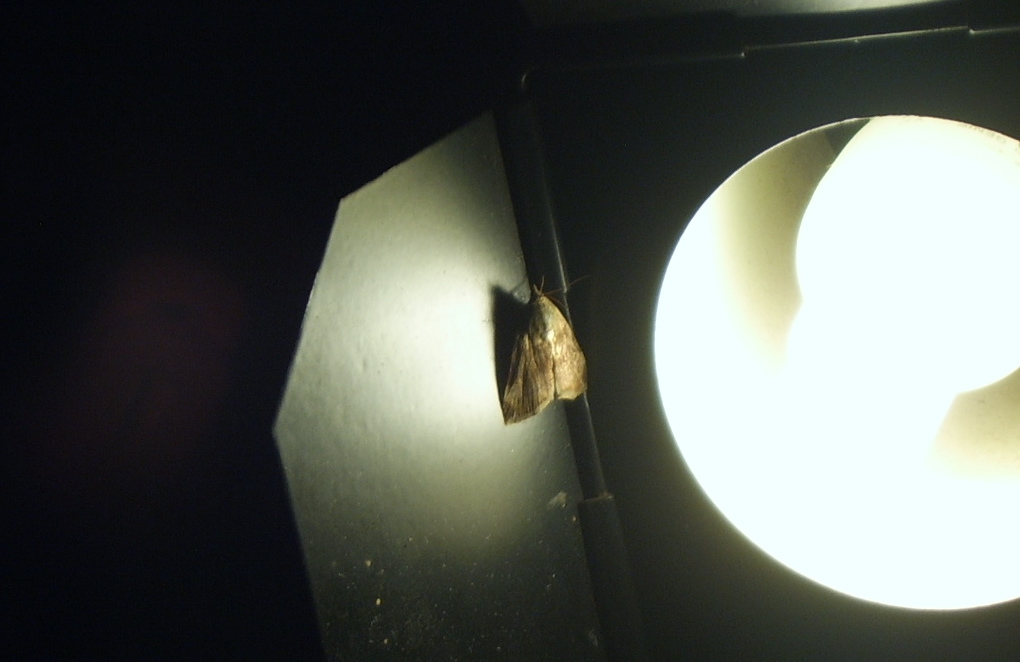
Grandfather’s drawing of author when young
1.
Memory, that elusive quicksilver running through our lives. How at first, at birth, there is nothing, really, almost nothing, and how slowly it develops after that, all the years when there is no visible shadow on the ground behind us. And how it is that, for those years, we accept our lives as the steady panorama of whatever is right in front of us, moment to moment.
I’m trying to think when any memory worth remarking arrived. Did I have memories when I was ten years old? I know that in sixth grade, when we were all leaving behind Walnut Lake, our red-brick school, there was some inkling. Not a procession of memories, not yet, but rather an inchoate nostalgia, a definite sense of something being lost. There came an awareness of the past, and with it the realization that there is a kind of timeline, a sense of futurity that had not really been there before.











